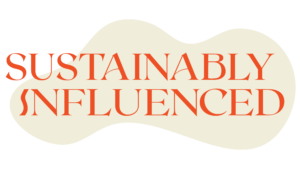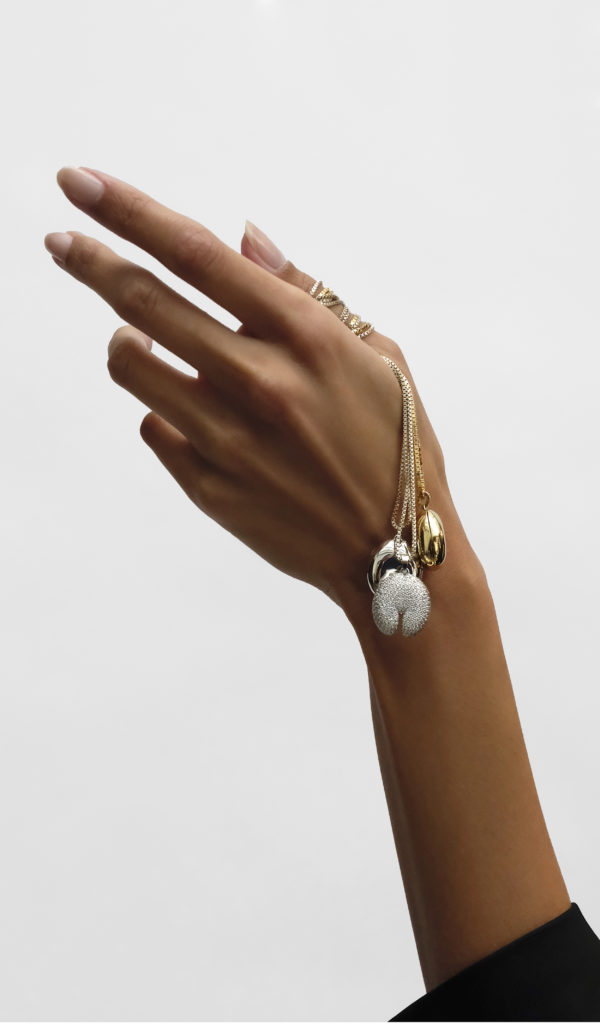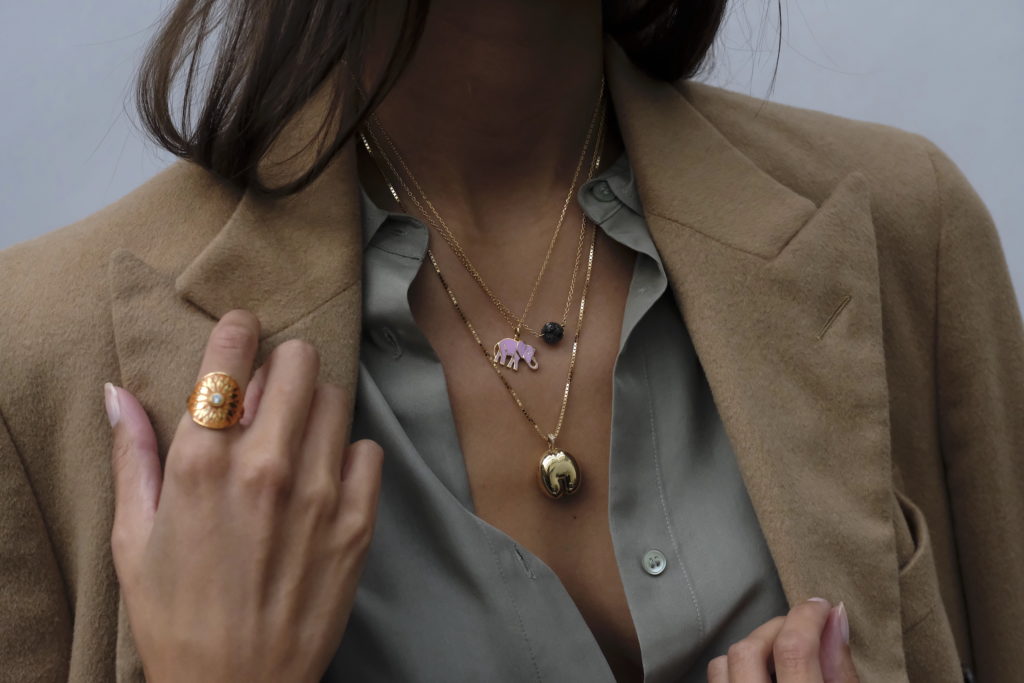Beabond and DIRT Charity: Partnering for Sustainable Impact in Africa
This week are diving into the world of Beabond with Ferelith Moltke, Director and co-founder as she shares the inspiring journey behind the creation of Beabond and its impactful partnership with DIRT Charity. With a focus on sustainability and community engagement, Beabond actively works towards making a positive difference in African communities. Discover how their collaborations, such as the Coco Collection and support for projects like Kufunda and Ecoexist, contribute to a more mindful and environmentally conscious world.
Can you share with us the story behind the creation of Beabond and how it came to partner with DIRT Charity?
I moved to Botswana ten years ago, arriving in in sub-Saharan Africa as a new mother was a pivotal moment for me and over the five years I lived in the country I embraced living slower, building resilience and reconnecting to nature. The name ‘Beabond’ comes from my personal links to Africa it’s named after my maternal grandmother who was born and lived in Kenya. Beabond was founded at a time when my heart and mind aligned. Created with a sense of purpose Beabond is a way to collaborate with communities and support wildlife, as well as shine a light on the complexities of living as a mindful human being, living in balance with the world, whenever possible making a positive impact.
Our partnership with DIRT – the UK Charity that focusses on soil regeneration as a solution to the climate crisis, came about after I met Arizona Muse environmental activist, model and founder of DIRT, a few years ago in Ibiza. Immediately we connected on living in tune with nature and inspired by her knowledge and passion for soil I knew I’d support the charity.
How does Beabond’s partnership with DIRT contribute to the mission of helping communities in Africa?
In May we launched the DIRT x BEABOND Coco Collection to raise funds for DIRT. The Coco Collection symbolises a seed ‘a source of life with unlimited potential’. The design’s source material is the endangered Coco du Mer or ‘sea coconut’ indigenous to the Seychelles; it is the largest and heaviest seed in the world whose distinctive form is often associated with divine femininity.
30% from each sale of the Coco collection is donated to one of DIRT’s projects; Kufunda a community project which is female and indigenous lead. Kufunda is a learning centre and eco-village in Zimbabwe practicing biodynamic farming, their mission is to grow the biodynamic farming movement in the region,. The importance of the project cannot be overlooked, with up to 40% of the planets land damaged. Sub-saharan Africa is the worst affected region with land degradation affecting food, water, carbon and biodiversity. Restoring degraded land can be as simple as changing farming methods and practicing regenerative agriculture. (Source: United Nations)
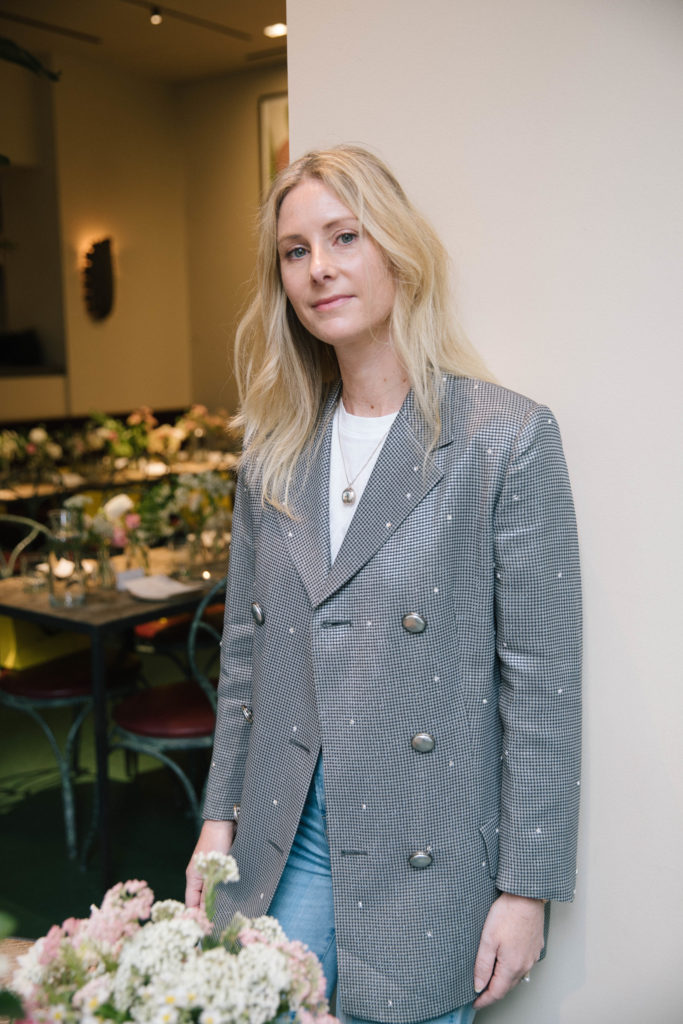
In what ways does Beabond actively engage with the communities it works with in Africa? Can you highlight some of the direct impacts or positive changes that have been achieved through these collaborations?
A large part of actively engaging with communities is about educating myself, so last July I travelled back to Botswana with my family and visited the Ecoexist HQ and research camp located off grid, in the Eastern Panhandle of the Okavango Delta to better understand human-elephant coexistence. Spending time with the ECO’s and learning how they seek to reduce conflict between people and elephants was inspiring. Botswana has the largest population of free roaming elephants anywhere on the planet, about 130,000. Elephants are a keystone species which means they play a critical role in their ecosystem, they are engineers, shaping their habitat and making pathways for smaller species to co-exist, they create water holes used by other wildlife and their dung is full of seeds helping plants spread across the environment.
Ecoexist has developed an holistic approach to supporting human-elephant coexistence and I saw a variety of initiatives in action; including ‘Elephant Corridors’ – designated safe spaces for elephants to travel to drink water each day, based on years of data tracking elephant migrations. I saw the ‘Ele Express’ a mini bus that allows children to travel safely to and from school along elephant corridors. I also visited farms using a variety of mitigation techniques from beehive fencing, chilli fences and old tin cans to deter elephants from raiding ‘Elephant Aware Farmers’, they’re also organic. We donate 100% of profits from the Ecoexist x Beabond collection to Ecoexist, to date we have raised more than 3,000 Euros which Ecoexist has invested in educational materials and solar batteries, meaning that their HQ in the Okavango Delta is solar powered.
Sustainability is a key aspect of Beabond’s approach. How does the company ensure that its operations and projects have a lasting positive impact on the environment and the communities it serves in Africa?
At Beabond we want to create things that give back to the environment and communities more than they take away. On one hand we are operating at a micro level collaborating with NGO’s to social enterprises but in broader sense we support the country by featuring carbon neutral fully traceable ethically mined, responsibly sourced Botswana diamonds in our jewellery. Having lived in Botswana for five years I know the positive impact that diamonds have on country as a whole, diamonds have transformed the country. The history of Botswana is that it was the poorest country in Africa, diamonds were discovered just after independence in 1966, today it is the largest diamond producing country by value.
Livia Firth Co-Founder & Creative Director of Eco-Age visited mines in Botswana to film the documentary Fashionscapes: The Diamonds of Botswana and she says “every single person from the school teacher to the truck driver, to the shop owner, to the restaurant waiter, tells you how proud they are to be a product of their economy, a product of the diamond industry.” The benefits of working with Botswanamark diamonds extends beyond the conflict free label. Ethical diamonds means no human rights abuses, employees are fairly paid with safe working conditions and environmentally sound practices. These are diamonds that make a measurable benefit to communities where there are unearthed in Botswana.
Share This Story
Related Posts

Weaving Poetry and Sustainability into Everyday Life With Areej Noelle
Weaving Poetry and Sustainability into Everyday Life With Areej Noelle Born and raised in West London, Areej Noelle is a multi-talented artist with roots in

An Influential Lawyer Shares Her Autumn Wishlist
We speak to Thando Maqubela @thandimaq about her evolving style and what’s on her autumn wishlist

How Circular Threads Is Transforming Preloved South Asian Fashion For Women
Discover how Circular Threads is revolutionising preloved South Asian fashion for women in the UK. Learn about the sustainable fashion movement led by Anoli Mehta and join a community committed to style and sustainability.
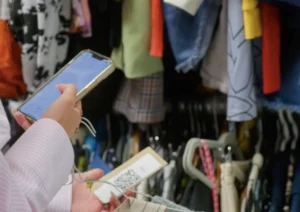
Hudi Charin’s TikTok Journey, Reshaping Fashion Trends and Confronting Overconsumption
TikTok has emerged as a powerful platform for influencers to share their passions and drive meaningful conversations. One such advocate for sustainable fashion is Hudi Charin, whose TikTok journey on @thethriftythinker is reshaping perceptions of overconsumption.
